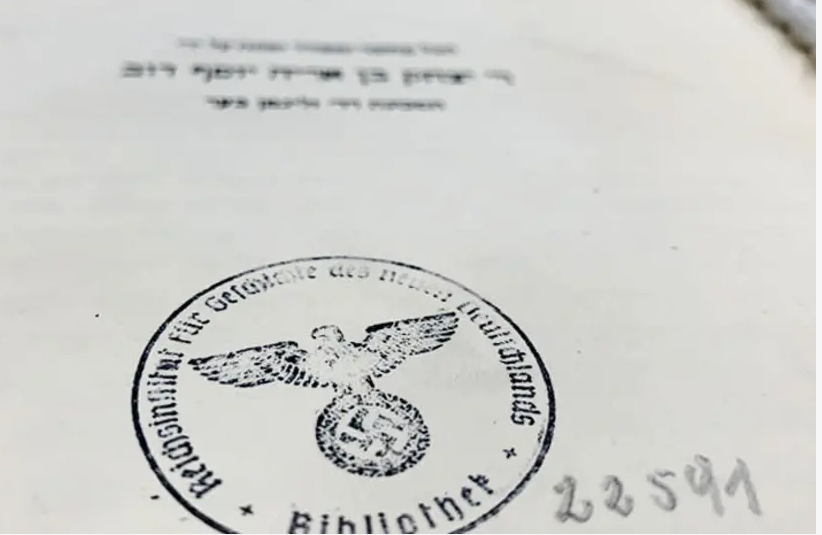When on the phone, it’s common for people to spell things using names or terms to clarify the spelling, in order to make sure the person at the other end understands what is being said.
And to this end, mankind invented a specific alphabet for just this. The phonetic alphabet, which is known as the aviation or NATO alphabet, is understood across the world in every language, and uses a specific set of names and terms to represent letters. For instance, A = Alfa, B = Bravo, C = Charlie and so on.
But this is not the only version of a phonetic alphabet to have existed, with the first German version going back to the 1890 Berlin telephone book, in which every letter was assigned a number. In 1905, the numbers were replaced by names. While only five changes were made in the years of the Weimar Republic (Paul became Paula in 1926, and Isidor became Ida), more drastic changes were made during
Nazi rule over Germany, according to German news outlet the
Deutsche Welle.
Based on their antisemitic ideology and in order to eradicate all Jewish culture and connotation from Germany, the Nazis decided to get rid of first names from this alphabet that were seen as derived from Hebrew. In total, 14 names from this alphabet were changed.
Some of the Jewish names removed by the Nazis in 1934 were “Jacob” for the letter “J”; “Samuel” for “S”; “David” for “D”; “Albert” for “A”; and “Zacharias” for “Z,“ which became respectively “Julius,” “Siegfried,” “Dora,” “Anton” and “Zeppelin.”
The name Nathan was changed to Nordpol – North Pole – which stood for the Aryan master race, according to DW. Ypsilon – the German word for the letter “y” – was changed to Ypres, famously known as the battle where the Germans first used poison gas in World War One.
After World War II, Ypres was changed back to Ypsilon, but Nordpol is still in use in the German alphabet today, reported DW.
However, Michael Blume, in charge of fighting antisemitism in the state of Baden-Württemberg, contacted the German Institute for Standardization (DIN), which in charge of updating the alphabet, and asked them to change it, removing the Nazi-era changes. This was done with the backing by the Central Council of Jews in Germany.
In response, the DIN agreed to devise new terms for the problematic letters.
The president of the Central Council of Jews, Josef Schuster, said he welcomed Blume’s initiative and it was “high time we freed ourselves from the language of the Nazis and its relics,” reported
The Guardian.
But the fact it had stayed in place for so long, said Blume, was proof in itself of a “deep-seated antisemitic and racist mindset” in Germany.
“Just in that one name change, Nathan to Nordpol, which we still use today, you can see how deeply into our language and our thinking this Nazi idea has seeped, with no one really questioning it,” he told the broadcaster Deutschlandfunk, The Guardian reported.
A drafted alphabet consisting of city names is expected to be rolled out by fall 2021, and a finalized reform is expected to take effect during the third quarter of 2022. However, in order to preserve the memory of the antisemitic list, Nazi alphabet will be presented as an annex to the new list to be put to a public consultation next year.
